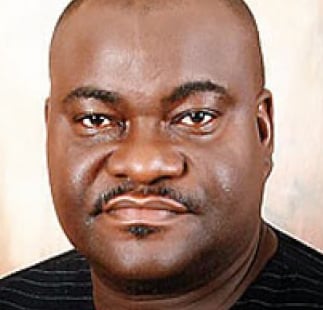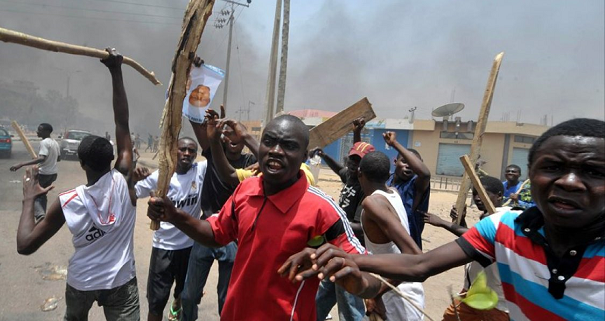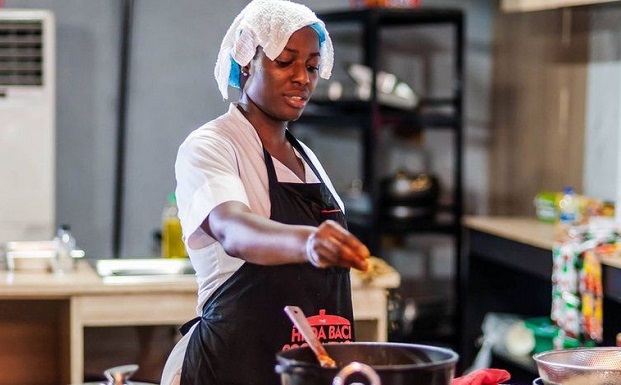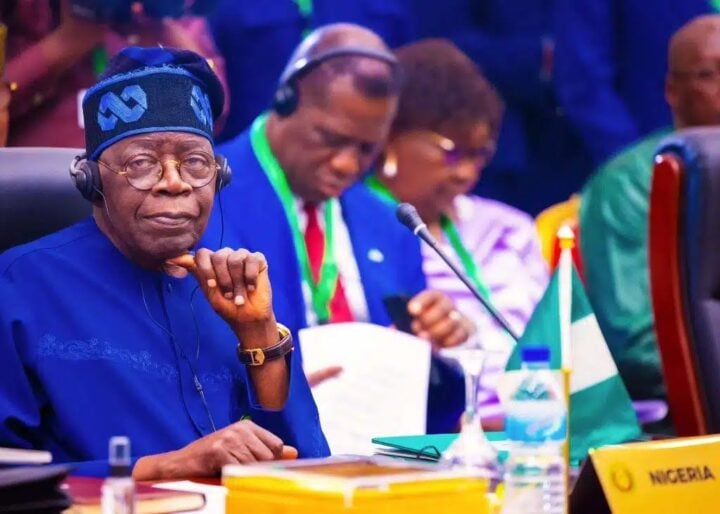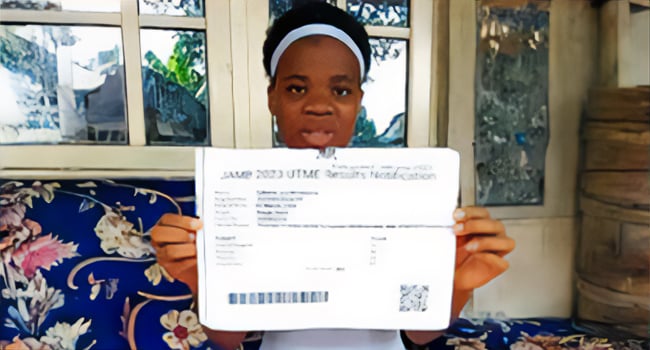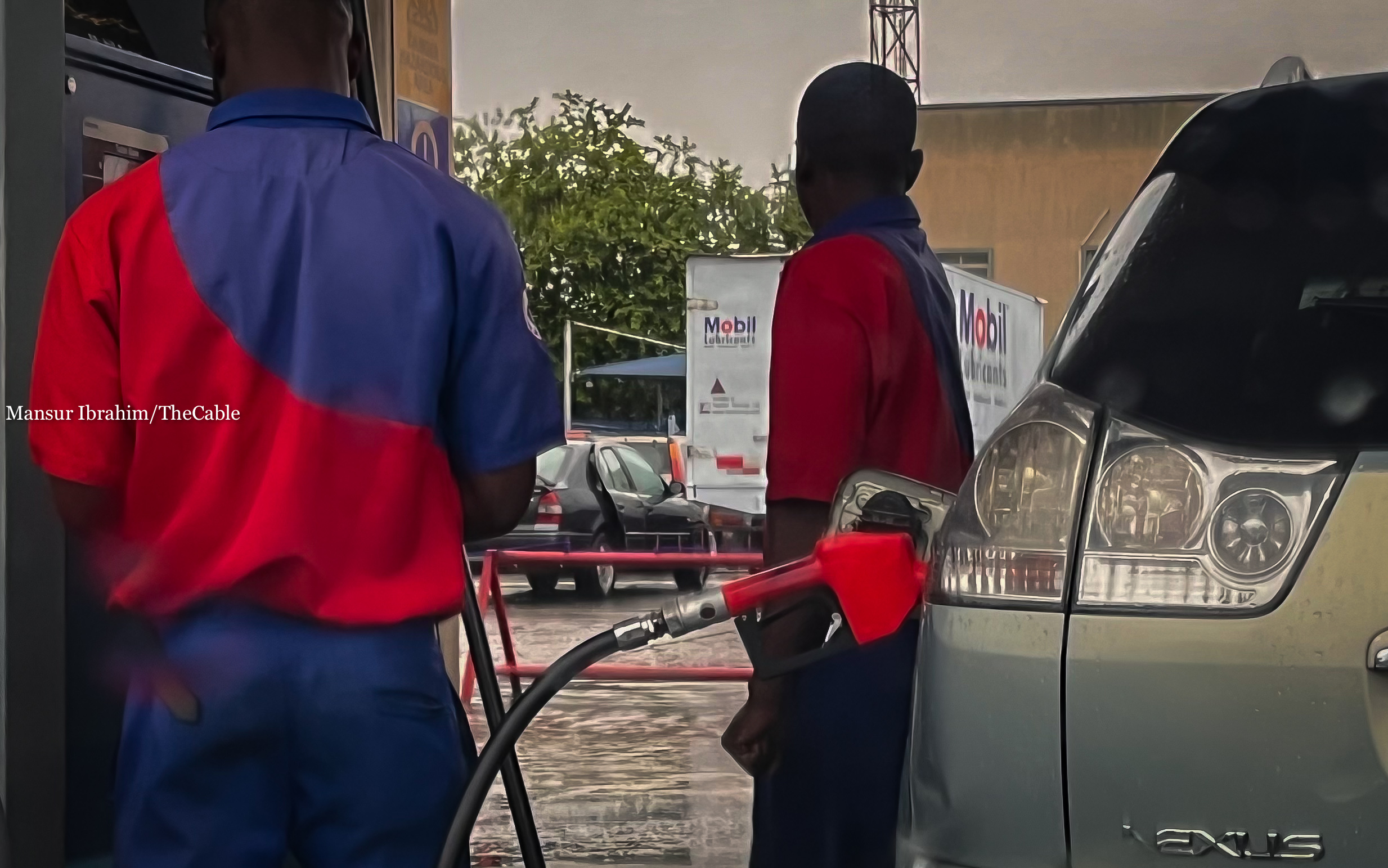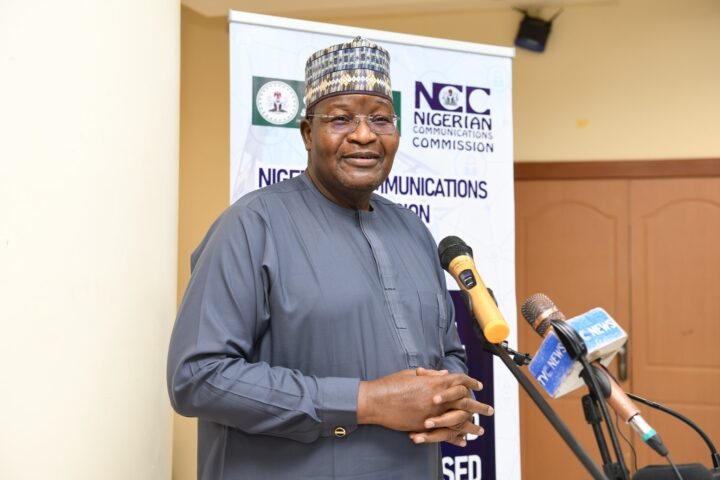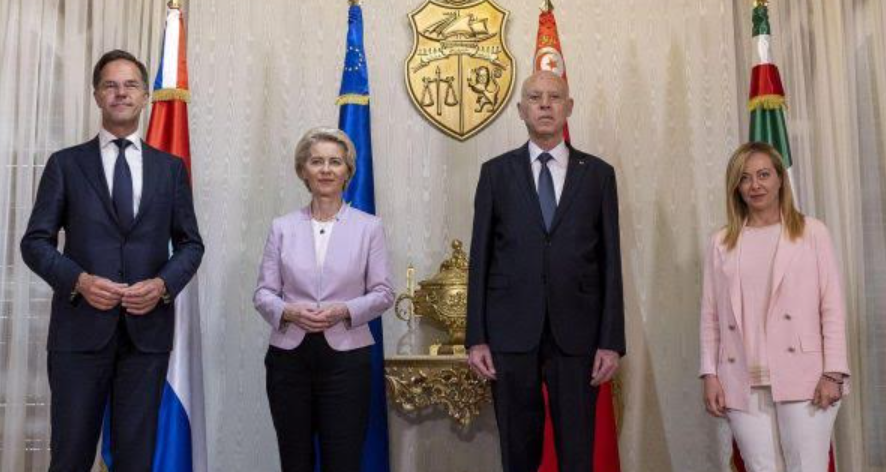Back in April 2018, I was a guest –by-happenstance– of Nigeria’s former president, Goodluck Jonathan, in his Yenagoa home. My very good friend, one of the most professional and most cultivated police officers I’ve ever known, Don Awunah, invited me and a few of his close friends to a function in his honour. Awunah, sadly now of blessed memory, was being hosted by the Benue community in Bayelsa state, following his deployment to the riverine state as Commissioner of Police. Tivlumun Nyitse, seasoned media practitioner and communications scholar through whom I first met Awunah and Godwin Donkor a former top official in the Benue system, were also on the trip. As we threw banters one of those evenings on that weekend, Awunah received a call from Jonathan who wanted to know when he could have a meeting with the police boss. “Straightaway, Your Excellency,” Awunah replied as he beckoned to us to come along.
The former president received us very warmly and invited us to take our seats as Awunah introduced us to him one after the other. The departed top cop placed immense value on friendships and relationships and was always proud to flaunt his friends. After the initial pleasantries, Awunah asked Jonathan if they could talk in a more private space. The erstwhile Numero Uno, however, said he felt sufficiently comfortable with Awunah’s “entourage” of people who have savoured requisite, strategic public service experience at the highest levels. I was a presidential aide in the Olusegun Obasanjo/Atiku Abubakar regime for instance while Nyitse retired from the Benue state bureaucracy as a permanent secretary, grossing over a decade in the position. Donkor had been the local government chairman and special adviser in his state as well.
Discussions quickly gravitated towards issues of national security with the imminence of the 2019 general elections. Jonathan expressed concern about the “proliferation of arms in the hands of non-state actors” and what this implied for national security. He noted that his administration was vilified over the upsurge of the Boko Haram scourge in the northeast of the country. Three years after he left office, however, insecurity had become a nationwide hydra. “Virtually every geopolitical zone is battling with one security peculiarity or the other. Small arms are in the hands of faceless individuals, a miscellany of groups and terrorist organisations,” he stated. The situation, Jonathan warned, must be a source of concern for everyone who wished Nigeria well.
Five years after that encounter with the former president, the governor of Jonathan’s own very state, Duoye Diri, has raised similar apprehensions. He spoke at the weekend at an event hosted at the DSP Alamieyeseigha Memorial Banquet Hall, Government House, Yenagoa. Diri observed that there was credible intelligence to the effect that some persons were amassing dangerous weapons for deployment in the gubernatorial election scheduled for Saturday, November 11, 2023. Diri is seeking reelection at the forthcoming poll on the platform of the Peoples’ Democratic Party, (PDP). His closest opponent is Timipre Sylva of the All Progressives Congress (APC), immediate past minister of state for petroleum and also a former governor of the state. The political temperature of the state which prides itself as the “glory of all lands” is on the ascendancy, nearly four months to the poll.
Advertisement
Paraphrasing Jonathan’s favourite expression in the run-up to his present reelection bid in 2015, Diri at the Yenagoa programme said “there is no need to shed the blood of innocent people no matter how lowly placed, just because of political contest”. He restated that since the inception of his administration, he has worked assiduously to foster peace and unity amongst the people of the entity. The government, he observed, has consistently returned affection for disaffection from his opponents, and illumination for opacity. Diri said he will continue to pursue the empowerment of women and youths as a deliberate policy of poverty mitigation. He stated that the poor and suffering masses must not be deployed as pawns and cannon fodder in the name of politics.
Diri’s public revelation about the planned unleashing of arms and violence in the coming poll echoes the situation in two other states which will be holding governorship elections on the same date. And the security scoresheet of either state is both alarming and worrying. Imo state which venerates itself as the “Eastern Heartland,” and Kogi the “Confluence State” which sits at the very heart of the nation’s geography, do not cover themselves in resplendent attires on the question of insecurity. Imo is in direct contest with its neighbour, Anambra state, for the trophy of the most dreadful in the southeast of the country. The state indeed can be classified as the epicentre of “one day, one devastation”. Sample incidents will suffice to authenticate this terrifying trend in the southeastern state and contextualise popular apprehension about the forthcoming poll.
Ahmed Gulak, a former presidential adviser and chieftain of the APC, was killed en route to the Owerri airport abutting the state capital in May 2021. Two months ago, the traditional rulers of Orsu Obodo Victor Ijioma and Mgbele, two communities in the state were killed by gunmen in Imo state, just as gunmen gunned down five policemen and a couple in Okpala in Ngor-Okpala local government area. Just last month, a former governor of Imo state, Rochas Okorocha was targeted at Amuro in the Okigwe council area in the state an incident which claimed the life of a security operative. Okorocha would subsequently inform the world that the killings and pervading insecurity in his former duty post were indeed under-reported. The incidents and downstream indices, he noted, elicit collective concern.
Advertisement
At the recent biennial convention of the Nigerian Guild of Editors (NGE), hosted courtesy of the benevolence of the Imo State government, typically adventurous media practitioners observed linear, straight-line schedules in the course of the programme. In our craft as reporters and writers, creativity is most often activated by the totality of experiences by way of sights, sounds and smells. These are the condiments of the “travelogues” which grow out of such explorations. Not on this Owerri visit, however. The route maps of the visitors were restricted to shuttles between their various hotels to the convention venue and vice versa. Intra-city voyeurism of every kind was kept in check as the cologne of jitters and fear hung thick and tangible in space.
Primordial Kogi state was famous as an oasis of sanity on account of its serenity and welcoming attributes. Not anymore in recent years as the hitherto totally alien culture of gunboat politics has since supplanted the allure of the state as the haven of calm and quiet. A recent sampler of contemporary political combustion in the state was the gun attack on Murtala Ajaka, gubernatorial candidate of the Social Democratic Party (SDP), by suspected agents of the Kogi state government. A widely publicised interview granted by Yahaya Bello, the governor of the state, did little to exonerate the Kogi establishment from complicity in the Ajaka episode. The novel bestiality of a helicopter flying over Lokoja, the Kogi state capital, and raining bullets from the air on people exercising their civic duties during the 2019 governorship poll remains fresh in popular consciousness.
Natasha Akpoti-Uduaghan, the Amazon who has taken the political space in Kogi State by storm in recent years, has been a serial victim of harassment and attacks by alleged enforcers of the Bello government. In the lead to the 2019 governorship election when she ran against Bello on the platform of the SDP, Akpoti-Uduaghan was repeatedly bullied and intimidated. It was not any different during the recent February general elections when she contested for the senate as a candidate of the PDP in the Kogi central zone. The world still remembers the 2019 savagery with which Salome Abuh, woman leader of the PDP in her locality in Kogi east, was burnt alive in her own home by presumed errand boys of the incumbent regime. Such incidents can only elicit goosebumps on the skins of rational beings.
November 2023 may seem distant, especially when considering the fact that three full months stand between the ongoing month of July and the month of autumn. But days, weeks and months typically grow wings and fly before our very eyes. The concerns raised in the discourse above are very germane. They must compel intelligence and security services to move promptly and design intelligence and operational manuals to contend with these apprehensions. They need to initiate covert interrogations into the leads so provided. Intuitive undercover agents should be despatched to and emplaced in these states to sniff around and provide day-to-day credible intelligence on the home stretch to November elections in Bayelsa, Imo and Kogi states. In the past, in certain places, deadly weapons have been known to have been warehoused in government houses, cemeteries, even silos and other innocuous storages. This ostensibly was to keep such dare-devilry away from the public eye.
Advertisement
Worthy of note is the fact that the security community deployed on election duty has in the past been fingered in broad-daylight complicity with violators of the sanctity of the ballot. The soundbites echoing from the mouths of the newly appointed security and military chiefs therefore must not be characteristic tough talk and hot air. No. They must resonate in the manner that will signal the gradual return of civility, peace and orderliness to our electoral system, beginning with the November polls. This should signal the fact we can turn the bend from repugnant old electoral misdemeanours, poignantly fingered and reported upon by local and international observers, especially the recent sham elections. We must be seen as capable of the comportment expected of a genuinely evolving democracy in conformity with global best practices.
Olusunle (PhD), poet, journalist, scholar and author is a member of the Nigerian Guild of Editors (NGE)
Views expressed by contributors are strictly personal and not of TheCable.
Add a comment
